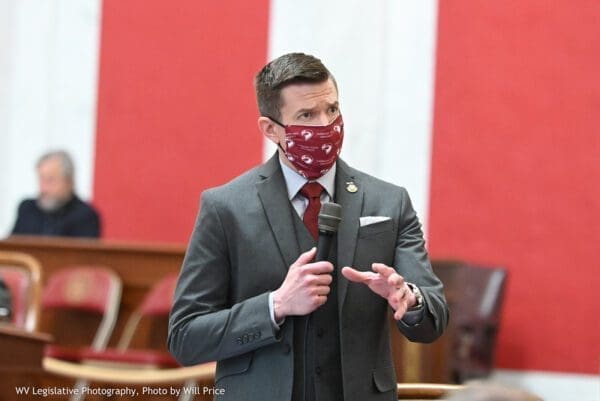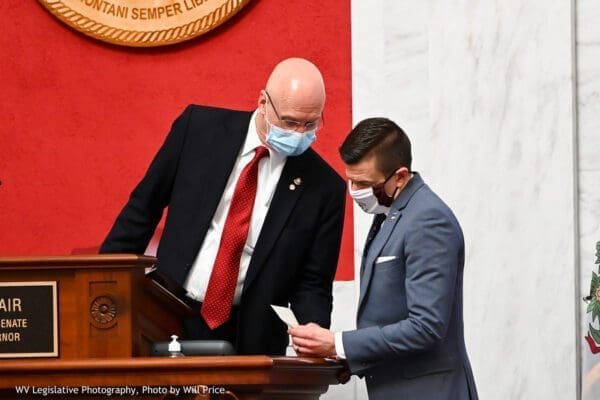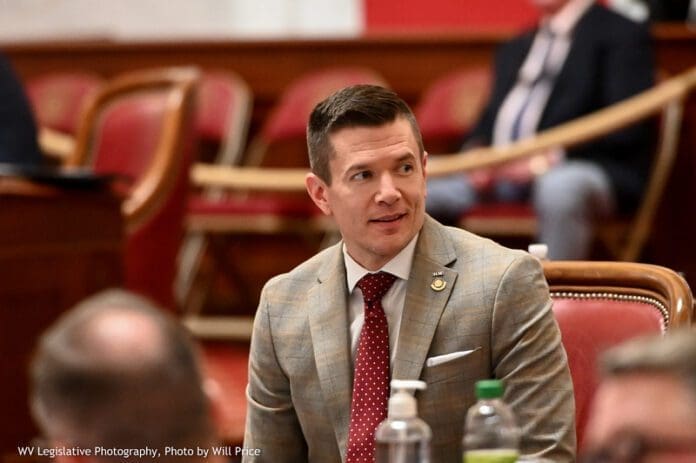It’s always about jobs when population decline is discussed locally and statewide in West Virginia.
There were thousands of opportunities every year in the Mountain State’s manufacturing industry in the mill, the mine, or the factory. High school diplomas were welcomed but not mandatory, coal and lumber and steel jobs were most popular, and everyone ate well and received presents for Christmas.
Until most of it closed down, that is, between 1990 and 2010, and since then the struggle has been real. According to 2020, the state of West Virginia had close to 1.8 residents, a 3.2 percent decline from 2010, and the No.1 complaint has been the same
“Solving population decline in our state needs a multi-faceted solution, I believe,” explained Weld explained. “But, in a way, we’ve already started to reverse those numbers. Last year was the first year in a very long time that we saw a positive net migration, and what that means is that more people move to West Virginia than those who moved away. That was the first time that number was positive for the first time in more than a decade.
“We did still see population loss, but that was because we still had a higher death rate than the birth rate, but that is over a 10-year period. One thing I would like to know when the bulk of that loss took place,” he said. “But the fact we saw positive net migration was very good news, and I believe we’ll see more of that in the future, but let’s not forget that it took a lot of blocks to build the pyramids.”

Beyond Government
Wheeling Mayor Glenn Elliott has made consistent efforts to interact with the city’s residents, and so have members of the City Council.
Elliott has formed ad-hoc committees to examine specific issues, welcomed public hearings during official proceedings, and held regular office hours before the pandemic. Wheeling’s mayor, in fact, was just named Mayor of the Year by the W.Va. Municipal League for his leadership with the construction of new headquarters for both the police and fire departments.
But the city’s seven elected officials can’t pump the pedals all of the time, Weld warns, and that is why he insists that if cities like Wheeling are going to attract new residents it is going to take concentrated efforts by collected groups.
“I think the local level really is where the rubber meets the road, to be completely honest. I believe if local communities get together, and the people establish goals to improve their communities, that means just as much as what we do on the state level,” Weld said. “On the state level, it’s about things like the state’s tax policy, but really I think we have to give each other confidence that we’re all in this together because that makes us want to get involved.
“The time for standing on the sidelines is over if we are going to pull our state up to where we think it should be,” he said. “That means people who don’t usually get involved need to right now.”
The lawmaker insists more than cheerleaders are now necessary for the Mountain State to become more attractive to prospective employers.
“If you live in West Virginia, it’s your state, and you have to decide what you’re going to do for it,” the senator insisted. “It doesn’t matter if it’s on the local level or the state level as long as you’re getting involved to make good things happen.
“We’ve seen a lot of residents make the decision to get more involved, and we need more to get to where I believe we can go,” he said. “That’s the way it is with deep holes, but we’re finally starting to climb out.”

No One Way
West Virginia is not a large state.
With 55 counties, 24,230 square miles, and about 1.8 million people, the Mountain State ranks 40th in population and does not have a city with more than 50,000 residents.
Despite the size – the state of Texas is, after all, 11 times larger – there are differences among the people involving economics, religion, and, of course, political affiliations. In fact, the development of West Virginia’s updated abortion laws has produced striking contrasts between the citizens in the north and south.
Some West Virginians, for example, do not believe exceptions should exist for medical reasons or for the victims of rape and incest while those who live in the central and northern regions feel such legal deviations should be included.
During his years in the Legislature, Weld has encountered and worked with lawmakers who have different beliefs, and the Brooke County native’s experience, he reported, has been positive overall.
“We do have different regions in West Virginia where people believe differently than we do here in the north. We’re not a large state by any means, but the residents differ based on economics and religion, and that’s fine because, in the end, we are all West Virginians,” Weld said. “But, as they say, variety is the spice of life, and we sure do have a lot of variety in West Virginia.
“But no matter where you live in our state, you want to hear about success and progress because those things spread from one community to another as long as the people on the local levels are ready to do their part,” the senator added. “We’ve seen a lot of that during the last decade, and hopefully we see even more so we can gain population in the near future.”


